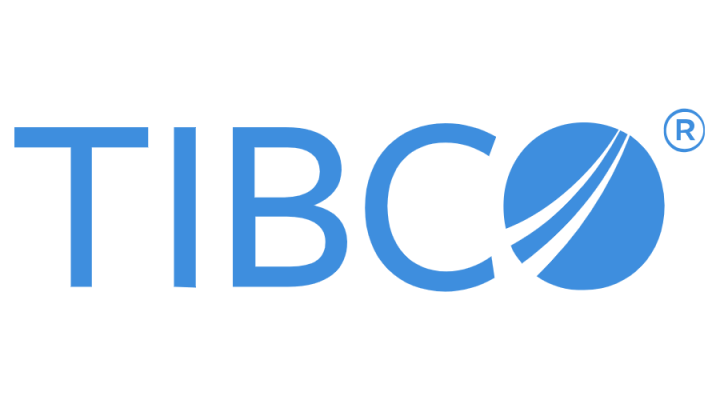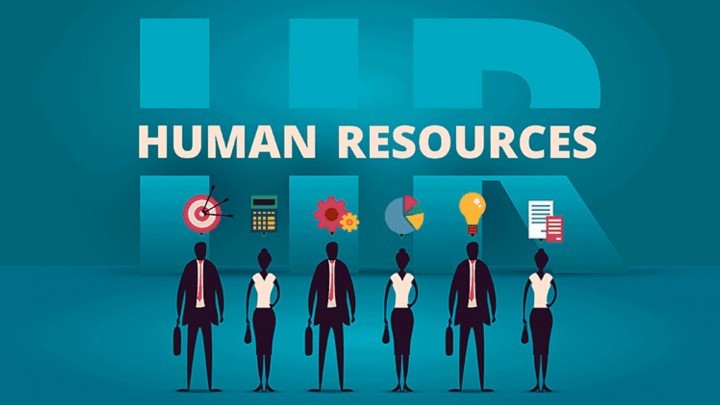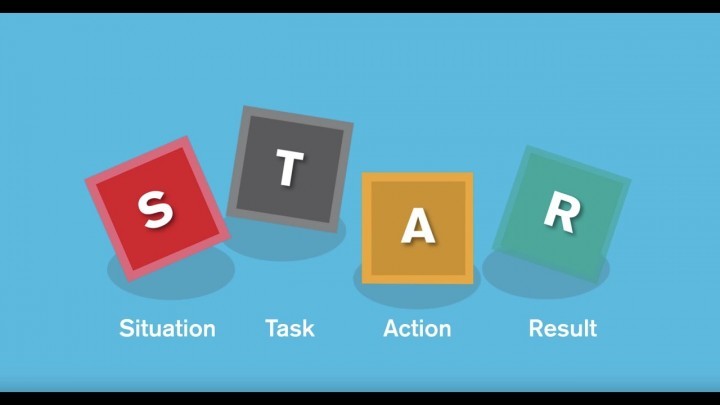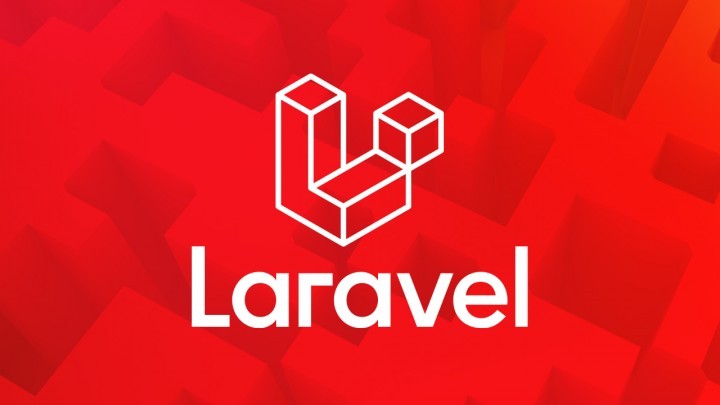
Tips for Onboarding a new hire
Employee onboarding is the process of integrating a new employee with a company and its culture. It is in the onboarding stage a new hire is provided with the tools and information needed to become a productive member of the team. Onboarding new employees is the vital and initial step taken by companies to put new employees at ease.
For new hires, coming on board is exciting and moreover startling. It's like being a kid on their first day of school. The anxiety that new employees feel on the first day is something HR should address. Whether they'll be working in an office or home, preparing new employees to start is essential.
Here are a few tips from HRavailable for ensuring your new employee feels that they are fully part of the team when they walk through the door on their first day.
Start before the first day
The first day of work is always anxious. There’s so much to remember and will be worried either about your colleagues’ attitude towards you or whether the job will be all that you expected upon receiving an offer.
From the time an offer is made, managers should include new hires in team communications. They should send materials that they feel will help get new employees up to speed both in terms of job duties and the team dynamics and politics. By including the new hire in team communications, you can also ensure that they get to know their co-workers and feel more included by the time they begin work.
Preparation is not just for the new hires
The new hire isn’t the only one to be included in the onboarding process prior to a new employee’s first day of work. The newly hired employees are understood as an integral component of the team, to which the manager also belongs. So it is important to prepare the managers too, to whom the new hires report along with preparing the new hire. By the time the employee joins, the respective manager can make a list of all his roles and responsibilities and could also find a mentor for the new employee. The manager could also help the new hire to build a social network, setting up onboarding check-ins once a month for the first six months, and encouraging open discussion.
Transparent communication
Open and clear communication with the employees is one of the most critical aspects of making your organization successful. Excellent communication between employees makes effective employees and teams. Better work product is the result of open and transparent communication between co-workers. This, in turn, enables companies to thrive.
Ensure that you convey what you expect from them and what they can expect from the company. As soon as a new employee says yes to your job offer, open the channels of communication. Don't forget to inform new employees of important company rules, such as dress codes and payroll requirements. When the new hires have questions, be prompt in answering them.
Highlight core values and culture
Another critical aspect of a company that needs to be fully conveyed to new hires is the workplace culture. Ensure that new hires fully understand the importance of the company's core values and accept them entirely. To help them understand the workplace culture, have a panel of leaders and managers.
Teach them to be dynamic
Each organization, and each team within an organization, has its own rules and politics. These are often brought about by a mixture of personalities and the unique field in which the company operates. They can be constructive by helping to streamline processes and ensure that everyone works well together, and office politics need not be understood purely as a negative. Teaching new employees to navigate those intricacies is important, especially considering that this may take much longer to acclimate to than duties of the job. However, it’s important to note that there is a right and a wrong way to teach new employees about office politics.
Set expectations
Nothing will matter more for the success of your new hire than your alignment on what they’re expected to contribute and accomplish in their role. Reflect on your preferences, traditions, and requirements regarding communication, relationship-building, and the work itself. Share your preferences and traditions upfront, get their perspective, and be open to reconsidering if possible.
Managers in the hiring process should develop a complete set of guidelines and expectations that includes topics such as deadlines and how deliverables will contribute to team and company goals. This should be as robust as possible but should be a living document, which is revised throughout the interview process and in talks with a new employee. It should also cover general company culture, rather than just team-specific issues.
Assign a mentor
Mentors can be greatly helpful for new employees. Having a high performing employee to show someone the ropes greatly contribute to their odds for success. This person should be available to answer all questions that arise and to take a more personal interest than a manager may be able to. Moreover, this relationship will help a new hire to feel accepted with in the team and give them a positive role model in the office.
Balanced and extended training
No matter how qualified they are, your new hire will need development to excel in their role, but do not overwhelm them with training. Most of the organisations do so, and tend to compress each module in the shortest time frame possible. As a result, new hires are either burned out or not wholly familiar with their new tasks. As a consequence, the company suffers from poor performance and unachieved business goals.
To avoid such situations, extend and divide training sessions into manageable segments. Plan and schedule training sessions so that new employees can digest information with ease. Spreading out the training sessions will allow new hires to become familiar with each other. And trainers will be better able to identify and address issues and improve performance.
Feedback matters
Never step back from collecting feedback from your new hires once the onboarding process has been finished. Once the onboarding is done, send the new employees a short survey form.
Let them assess the training and assert what they liked and didn't like about the sessions. This way, you're letting them know you value their opinion. Once you have collected all the surveys, it is time to do the evaluation. Read the comments and consider each one; improve your onboarding process wherever needed.
With all these steps, your roles in a new hire onboarding just don’t end. When the new hires are finally deployed to their new workplace, check on them after their first week. Ask their superiors how they're doing, or you can visit them at their workplace and ask them yourself.
Onboarding ensures new employees are ready to take on any challenge. New hires will have a better understanding of how they can contribute to the organization, and they'll be motivated to do their part. HRavailable suggests, as an HR person, you have the most important role in their success. No matter how busy you are, it’s worth taking the time to think through how to craft their onboarding experience.
Get to know more in-depth knowledge on various HR related topics visit HRavailable.
HRavailable keeps you updated on the latest news in the job market.
Get notified about the latest job openings through HRavailable and never miss a chance to get noticed by the recruiters.















































































































































